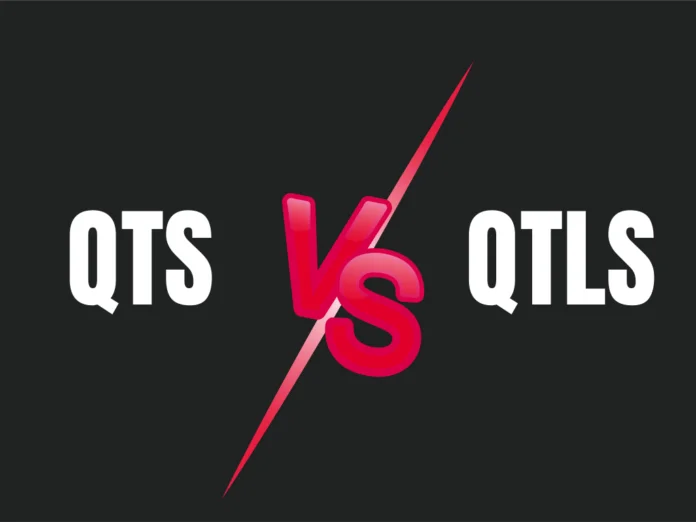In the world of education, there are various qualifications and certifications available for aspiring teachers. Two of the most prominent ones are QTLS (Qualified Teacher Learning and Skills) and QTS (Qualified Teacher Status). While these acronyms may sound similar, they represent different qualifications with distinct implications for teaching careers. In this blog post, we will explore the differences between QTLS and QTS, shedding light on their unique characteristics and helping aspiring teachers make informed decisions about their career paths.
Introduction
Before diving into the differences, let’s first understand what QTLS and QTS stand for. QTLS, or Qualified Teacher Learning and Skills, is a professional status awarded by the Society for Education and Training (SET) in the United Kingdom. On the other hand, QTS, or Qualified Teacher Status, is a certification granted by the appropriate regulatory bodies in England, Scotland, Wales, and Northern Ireland.
Qualification Process
One of the key distinctions between QTLS and QTS lies in the qualification process. To obtain QTLS, individuals typically need to complete a teaching qualification, such as a Level 5 Diploma in Education and Training. This qualification can be pursued through various pathways, including part-time study or distance learning. On the contrary, QTS requires individuals to complete a Bachelor’s degree in Education (B.Ed) or a Postgraduate Certificate in Education (PGCE), followed by a period of teaching practice.
Recognition and Acceptance
Another significant difference between QTLS and QTS is their recognition and acceptance within the education sector. While both qualifications demonstrate a level of competence in teaching, the acceptance and recognition of QTLS may vary. QTS is widely recognized and accepted across the United Kingdom and forms the standard requirement for teaching in state-funded schools. QTLS, on the other hand, may have different levels of recognition depending on the region and institution. It’s crucial for aspiring teachers to research and understand the specific recognition of QTLS in their desired teaching context.
Career Opportunities
The career opportunities available to individuals with QTLS and QTS also differ to some extent. With QTLS, educators often find themselves working in Further Education (FE) colleges, adult education centers, or private training providers. On the other hand, QTS opens doors to teaching positions in state-funded schools, including primary and secondary schools. It’s worth noting that while QTLS may not be a requirement for teaching in state-funded schools, it can still be advantageous and provide additional career opportunities.
Practical Applications
Both QTLS and QTS equip teachers with valuable skills and knowledge, but the practical applications can vary. QTLS places a strong emphasis on the teaching and learning aspects within the further education sector. This qualification focuses on developing practical skills related to delivering vocational subjects and working with adult learners. On the contrary, QTS encompasses a broader range of teaching practices, preparing individuals for teaching in primary and secondary schools. It covers areas such as curriculum planning, classroom management, and subject-specific pedagogy.
Conclusion
In summary, the differences between QTLS and QTS encompass the qualification process, recognition and acceptance, career opportunities, and practical applications. Aspiring teachers and students in teacher training programs should carefully consider these distinctions when making decisions about their educational journey and desired career path. While QTLS and QTS serve different purposes within the education sector, both qualifications contribute to the overall goal of nurturing and shaping young minds.
Remember, it’s essential to thoroughly research and understand the specific requirements and implications of QTLS and QTS in your desired teaching context. By acquiring the appropriate qualification, you can embark on a fulfilling teaching career that aligns with your passion and goals.

